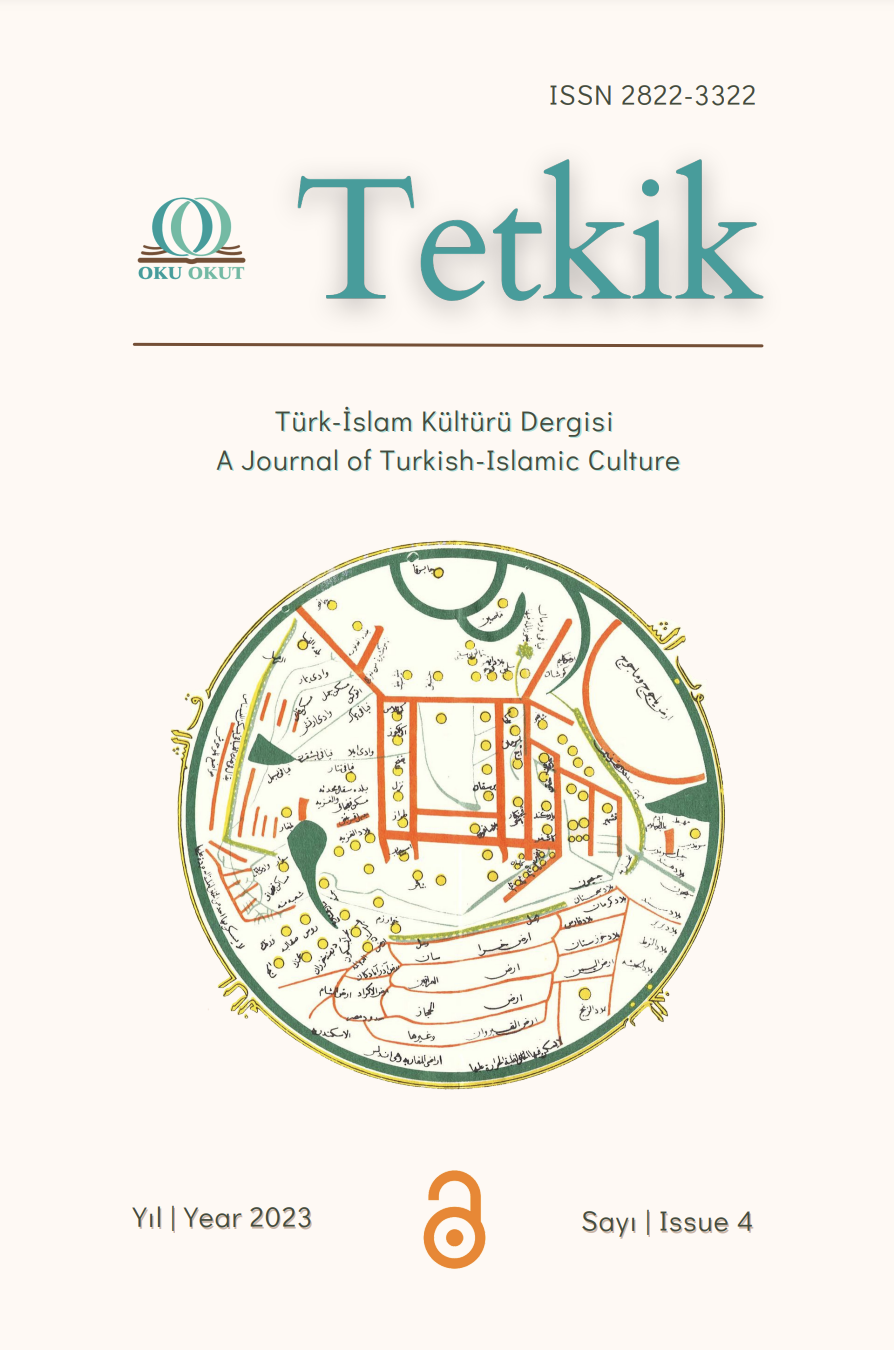Sudûr Nazariyesinin Platon ve Aristoteles Felsefeleri Çerçevesinde Analizi
Analysis of the Emanation Theory within the Scope of Plato’s And Aristotle’s Philosophies
Author(s): Mehmet Murat KarakayaSubject(s): Philosophy, Metaphysics, Islam studies, Ancient Philosphy, Philosophy of Religion, Contemporary Islamic Thought
Published by: Oku Okut Yayınları
Keywords: Islamic Philosophy; God; Emanation; Creation; Being; Oneness; Plato; Aristotle; Plotinus;
Summary/Abstract: In the history of philosophy, various theories have been proposed concerning the emergence of existence around concepts such as principle, cause, origin, hypostasis, and so on. Some of these theories, due to the weakness of their hypotheses, eventually lost their significance and faded away in the history of thought, while others have maintained their influence from the past to the present due to the strength of the principles they encompass. One of the most robust theories for the coming into existence and positioning of beings is the theory of emanation/overflow. Emanation is attributed to Plotinus, the founding philosopher of the Late Platonic Period (Neoplatonic Era). Although Plotinus is known as a Platonist philosopher, it is understood from his Enneads he also greatly benefited from Aristotle. While it is acknowledged that emanation is not prominently emphasized in the philosophies of Plato and Aristotle, the doctrines they articulated regarding being and oneness have greatly influenced various philosophical traditions. For instance, the Later Platonic tradition, which followed in Plato's footsteps, developed the theory of emanation based on his metaphysical framework concerning being and oneness. In this regard, it becomes necessary to establish a foundation for the concepts of “participation,” “oneness,” and “being” within the context of causality, which constitutes one of the most distinctive aspects of the philosophies of Plato and Aristotle, to comprehend the theory of emanation. The problematic issue to be addressed within the context of this study is the investigation of the philosophical background behind the emergence of the theory of emanation within the framework of Platonic philosophy, as opposed to Aristotelian philosophy. The fact that Plotinus is one of the important philosophers of the Platonic tradition does not seem to be an adequate explanation for the subject. The fact that such a theory did not emerge during the period from Plato’s death (347 BC) until the third century AD, that is, up to the time of Plotinus (d. 270) is not a matter that pure Platonism can explain. Therefore, it is philosophically important to identify the arguments that come to the forefront within the context of the theory of emanation in explaining of the matter. This study examines both metaphysical approaches within the theory of emanation.
Journal: Tetkik
- Issue Year: 2023
- Issue No: 4
- Page Range: 215-253
- Page Count: 39
- Language: Turkish

